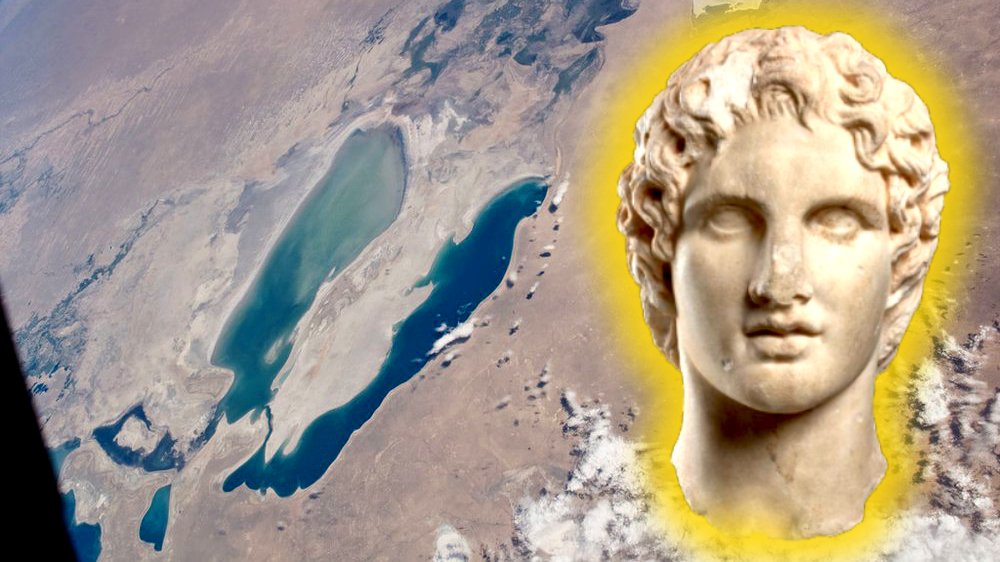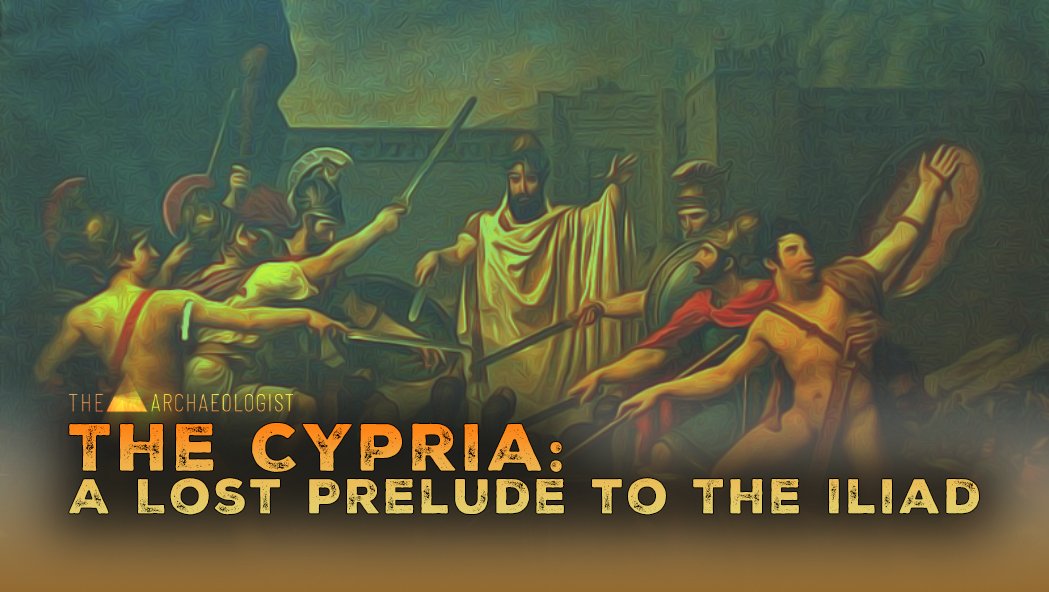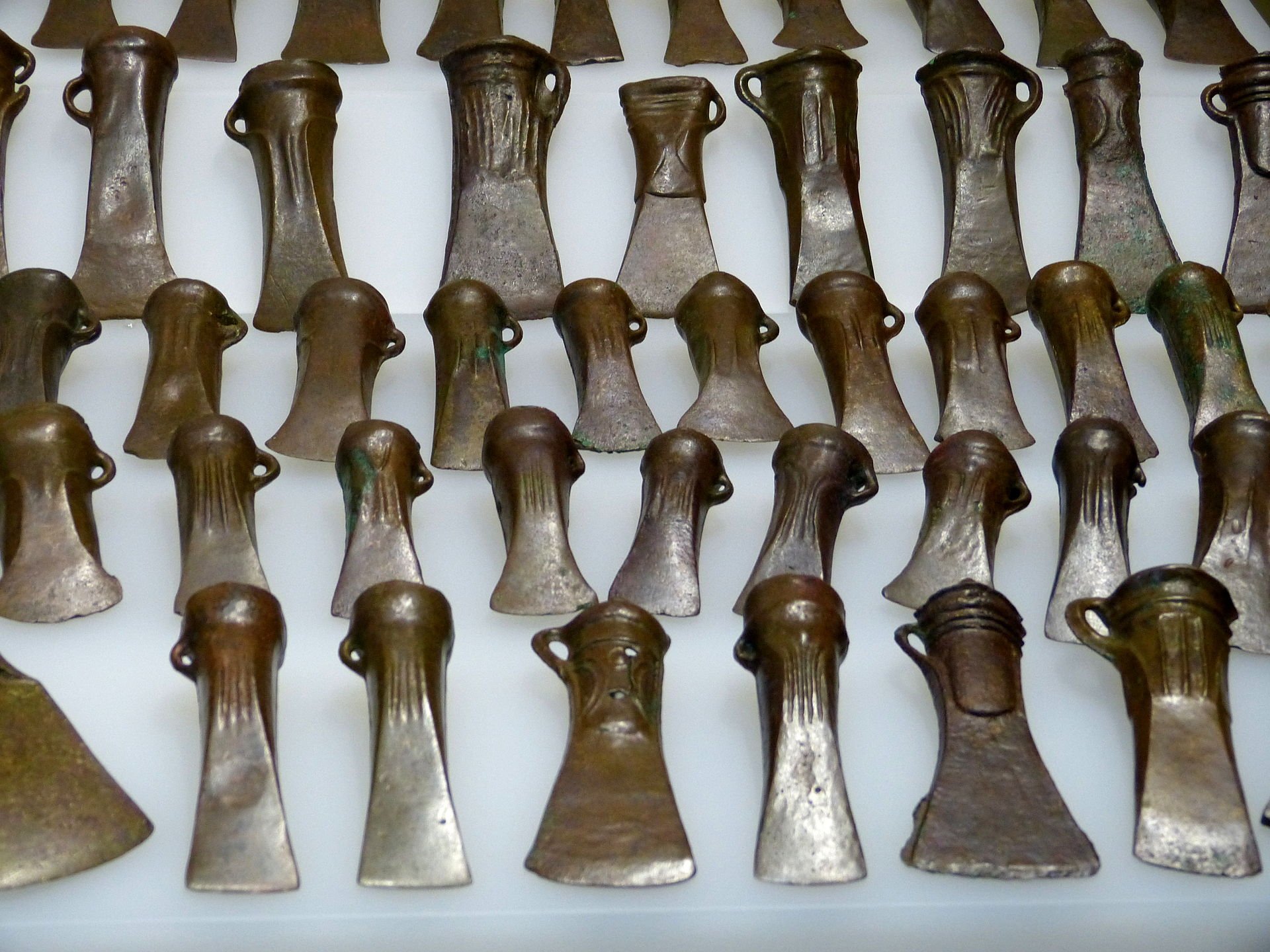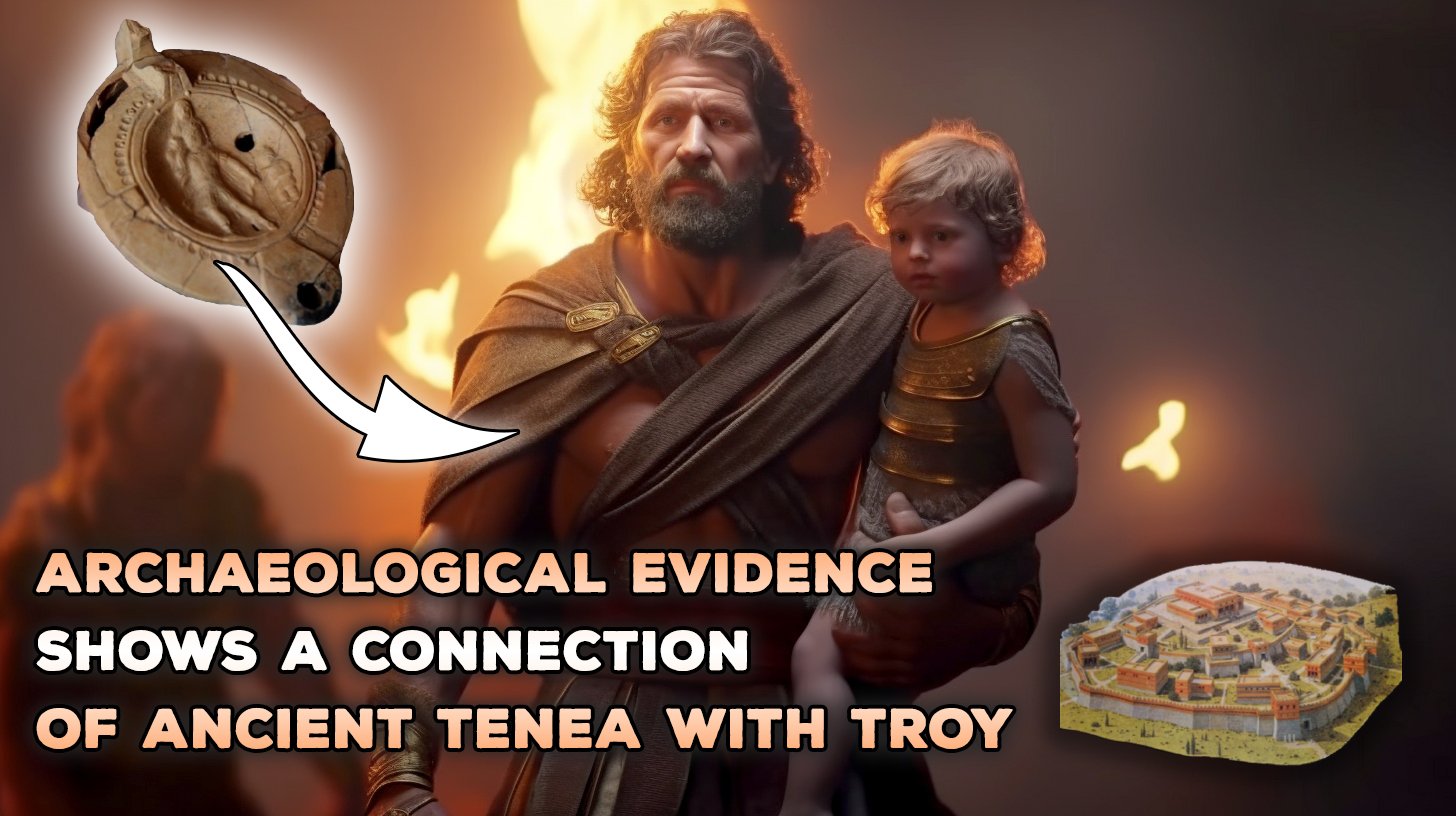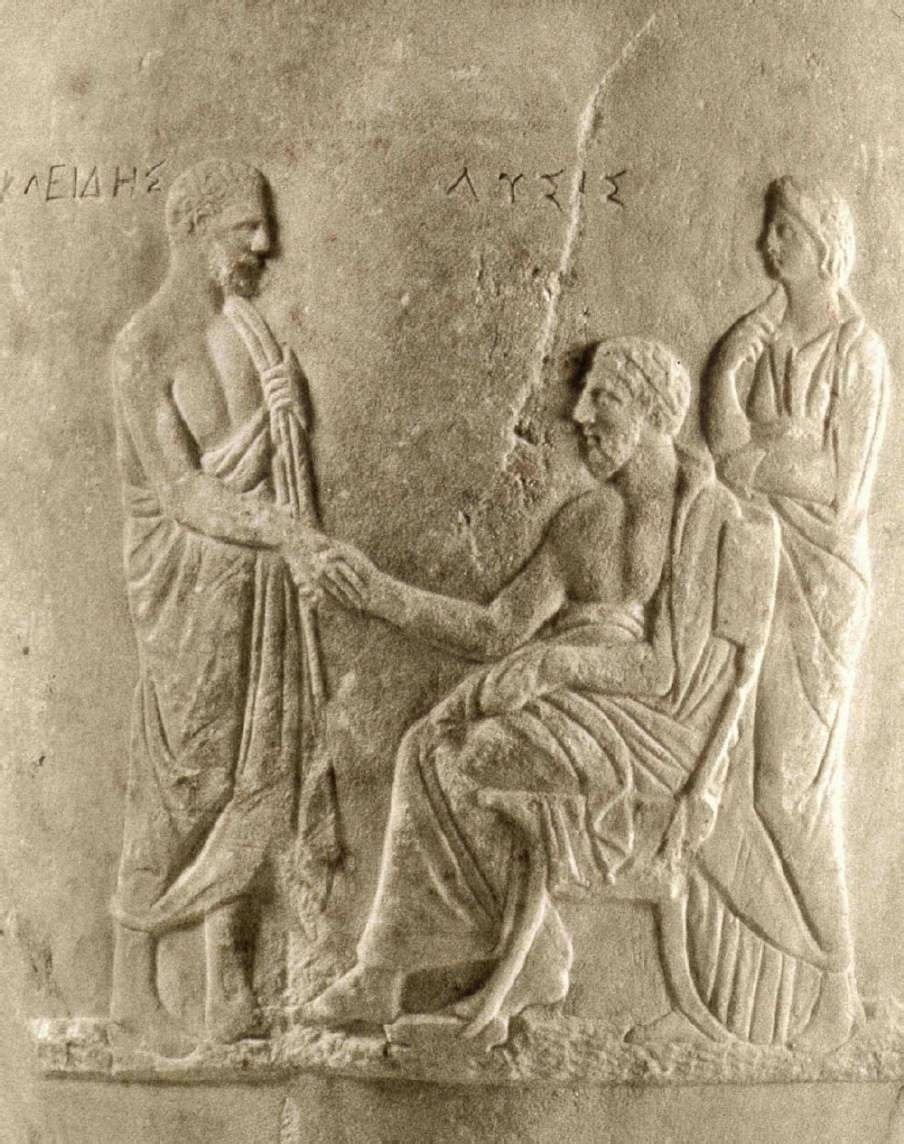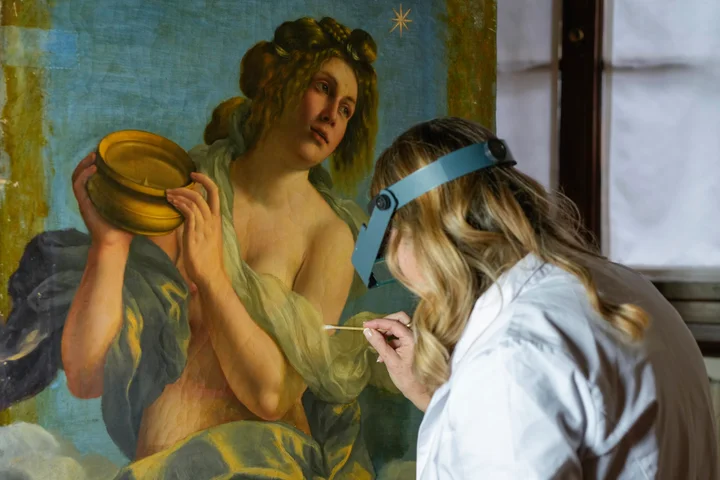Then, on Aphrodite's advice, Paris constructs his ships, Helenus tells him what will happen in the future, Aphrodite commands Aeneas to go with him, and Cassandra foretells the result. Menelaus, Castor, and Polydeuces, the sons of Tyndareus, entertain the Trojans in Lacedaemon before setting sail for Crete and directing Helen to provide for their every need. Aphrodite brings Helen and Paris together, and after an incident at Sidon, which Paris and his troops successfully storm, he takes her and her dowry back to his home of Troy.
Zeus grants Castor and Polydeuces immortality, which they share every other day, while they are caught stealing the cattle of Idas and Lynceus.
Menelaus is informed by Iris, and he returns with his brother Agamemnon to organize an expedition against Ilium. They started to gather Helen's previous suitors, who had taken a pledge to safeguard the rights of whoever got her hand. In a digression, Nestor tells Menelaus the tales of Oedipus, Heracles' madness, and Theseus and Ariadne, as well as how Epopeus was slain for seducing the daughter of Lycus. They recognize Odysseus' staged madness as they gather the leaders.
At Aulis, where the prophet Calchas forewarns the Greeks that the war will endure for ten years, the assembled chiefs make a foreboding sacrifice. They mistakenly loot the city of Teuthras in Mysia for Ilium when they arrive there; Telephus saves the city but is wounded by Achilles. Achilles docks at Skyros and weds Deidameia, the Lycomedes' daughter, before healing Telephus so that he can lead the fleet to Ilium after the storm has scattered it.
Agamemnon is persuaded by Calchas to sacrifice his daughter Iphigenia to the goddess Artemis in order to appease her and secure safe passage for the ships after he offends her by killing a stag when the Achaeans have been gathered a second time at Aulis. Iphigeneia is drawn out as if to marry Achilles. But, Artemis snatches her away, replacing the animal on the altar with a deer, and takes her to the Tauri's homeland, where she becomes immortal.
Then they continue on to Tenedos, where Philoctetes is bitten by a snake and left behind in Lemnos while they are feasting. Achilles argues with Agamemnon again in this instance. The Trojans attempt a first landing at the Troad but are defeated, and Hector kills Protesilaus. The Trojans are then driven back by Achilles after killing Cycnus, the son of Poseidon. The Greeks bury their dead and send envoys to the Trojans to demand that Helen and the treasure be turned over. When the Trojans refused, they made an effort to attack the city before wreaking havoc on the surrounding countryside.
Aphrodite and Thetis arrange a meeting between Achilles and Helen because Achilles longs to see Helen. The Achaeans then want to go back home, but Achilles stops them. He then chases Aeneas' livestock away, sacks nearby cities, and kills Troilus. Out of the spoils, Achilles receives Briseis as a prize, and Agamemnon Chryseis from Patroclus when he transports Lycaon to Lemnos and sells him as a slave. The demise of Palamedes, Zeus' strategy to free the Trojans by severing Achilles from the Hellenic confederacy, and a list of the Trojan allies are then mentioned.
Relationship with the Iliad
"The Cypria" is often considered a prologue to Homer's "Iliad." While "The Iliad" jumps into the final year of the Trojan War without much backstory, "The Cypria" supplied this information, providing necessary context to the conflict. It’s noteworthy that the Trojan War, which spanned ten years, was covered in only two of the Epic Cycle's poems: "The Iliad" and "The Cypria".
Loss and Preservation
Like many ancient texts, "The Cypria" was lost to time. The reasons for this loss are not clear. The decline of the Byzantine Empire, the rise of Christianity which considered pagan texts heretical, and the simple decay and damage over time may all have contributed to the loss.
However, fragments and summaries of the poem have been preserved in the works of later Greek and Roman writers. The most significant of these is the aforementioned summary by Proclus. Quotations and references in other works also provide us with pieces of the poem, giving us an incomplete yet intriguing glimpse into this lost masterpiece.
"The Cypria", a lost epic poem of the ancient Greek literature, represents a significant piece of cultural heritage, providing us with insights into the Greek mythological worldview and the literary tradition of the time. While the poem itself is lost, the fragments and summaries that remain continue to captivate the minds of scholars and readers alike. Even in its fragmented state, "The Cypria" still manages to echo the grandeur of the bygone era and the timeless allure of the Trojan War narrative.














